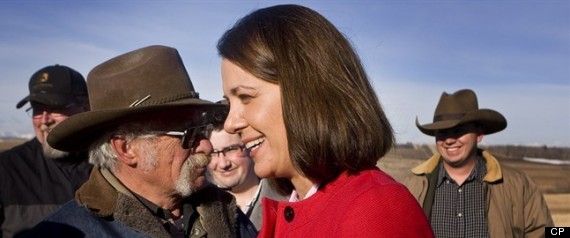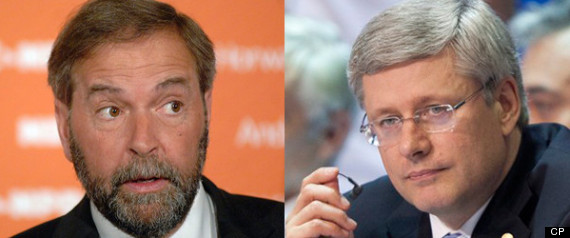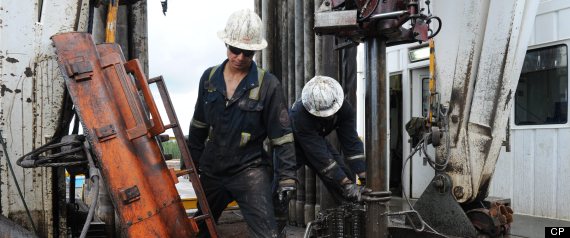No longer able to defend themselves on Voter ID and “Kill at Will” legislation they helped popularize—as much as they tried—the American Legislative Exchange Council (ALEC) is finally dropping both from their agenda, announcing today that they will focus on free market, anti-regulation policies. In a statement from Indiana state Representative David Frizzell, also ALEC’s national chairman:
“Today we are redoubling our efforts on the economic front, a priority that has been the hallmark of our organization for decades. Fostering the exchange of pro-growth, solutions-oriented ideas is precisely why ALEC exists.
“To that end, our legislative board last week unanimously agreed to further our work on policies that will help spur innovation and competitiveness across the country.
“We are refocusing our commitment to free-market, limited government and pro-growth principles, and have made changes internally to reflect this renewed focus.
“We are eliminating the ALEC Public Safety and Elections task force that dealt with non-economic issues, and reinvesting these resources in the task forces that focus on the economy. The remaining budgetary and economic issues will be reassigned.
“While we recognize there are other critical, non-economic issues that are vitally important to millions of Americans, we believe we must concentrate on initiatives that spur competitiveness and innovation and put more Americans back to work.
“Today we are redoubling our efforts on the economic front, a priority that has been the hallmark of our organization for decades. Fostering the exchange of pro-growth, solutions-oriented ideas is precisely why ALEC exists.
“To that end, our legislative board last week unanimously agreed to further our work on policies that will help spur innovation and competitiveness across the country.
“We are refocusing our commitment to free-market, limited government and pro-growth principles, and have made changes internally to reflect this renewed focus.
“We are eliminating the ALEC Public Safety and Elections task force that dealt with non-economic issues, and reinvesting these resources in the task forces that focus on the economy. The remaining budgetary and economic issues will be reassigned.
“While we recognize there are other critical, non-economic issues that are vitally important to millions of Americans, we believe we must concentrate on initiatives that spur competitiveness and innovation and put more Americans back to work.



























